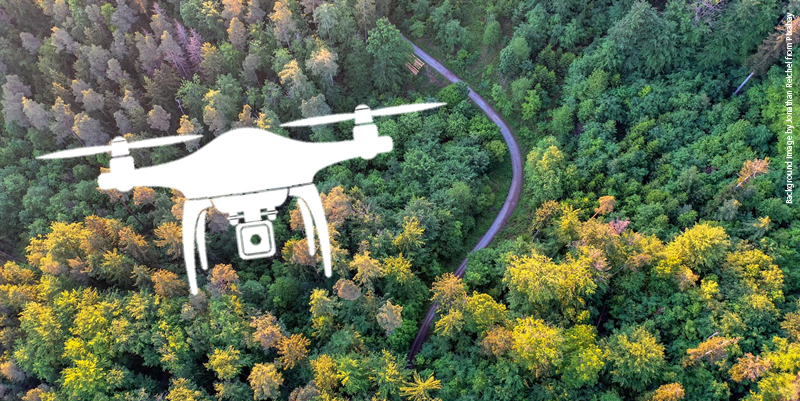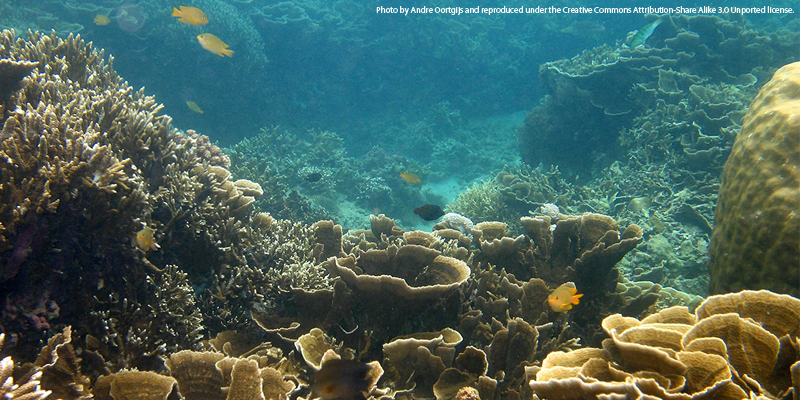After more than a year of research and experimental tests, the United Nations Institute for Training and Research (UNITAR)has has acquired its first Mini-UAV
Orders have also been placed for a second unit to be delivered this year and a third in 2013.They will support UNITAR\'s UNOSAT operation ... one that delivers imagery analysis and satellite solutions to relief and development organisations within and outside the UN system to help make a difference in critical areas such as humanitarian relief, human security, strategic territorial and development planning. The first image received (pictured above) was taken during a test flight by the SenseFly UAV earlier this month and shows part of an office park complex in Geneva, Switzerland.Mini-UAV, or âunmanned aerial vehicleâ, are very light and easy-to-fly electric planes carrying digital cameras and able to fly for a limited time in the vicinity of the operator to collect images over a small area. Most of these vehicles are made from lightweight, flexible plastic or foam and weighs less than a kilogram with wing span of 80 cm.Very small UAVs like the ones in use at UNOSAT are becoming rapidly popular in advanced civil mapping and aerial surveying in areas like agriculture, forestry and environment protection, event monitoring and more. UNOSAT experts have been testing small automated flying vehicles since 2010 during a research programme aimed at verifying their potential in humanitarian rapid mapping and damage assessment. UNOSAT has identified two suitable types of vehicles for the time being.These vehicles are very different from larger drones used by security and armed forces. They are designed for civil and emergency rescue operations only. Further applications are being studied, especially those relating to the use of âsmarms of flying robotsâ. In the near future these vehicles may be used to establish telecommunications and internet in disaster areas. For example, a fleet of vehicles placed above a disaster zone each carrying a wireless signal transmitter would create a local emergency Wi-Fi spot to enable communication between rescuers.The first unit acquired by the team in Geneva is the Swinglet CAM, manufactured in Switzerland by Sensefly and already sold in over 10 countries worldwide. Swinglet is capable of flying in fully automatic mode over any earth surface and takes high-resolution images using small airborne digital cameras. The software included with the product is particularly agile and meets the requirements of the UNOSAT team in difficult areas of deployment such as areas hit by natural disasters. These light UAVs can be deployed within minutes and can stay airborne for 30 minutes at a time. It will not stray far, and it is pre-programmed to land before wandering off its designated course.The legal framework for very small Unmanned Aerial Systems (UAS) or Vehicles (UAV) is currently evolving in most countries but in most many countries they can be operated without special permission within line of sight and below 400 feet or 150 metres above ground level.The United Nations Institute for Training and Research (UNITAR) is making concrete contributions to developing the capacities of tens of thousands of people around the world. Since its inception in 1965, UNITAR has built sustainable partnerships acquiring unique expertise and accumulating experience and knowledge to fulfil its mandate. These accomplishments have enabled UNITAR to respond to the growing demand from UN Member States for training for capacity development in the fields of Environment;Peace, Security and Diplomacy; and Governance.As an autonomous body within the United Nations system, UNITAR is governed by a Board of Trustees and is headed by an Executive Director. The Institute is supported by voluntary contributions from governments, intergovernmental organizations, foundations, and other non-governmental sources.A forward-looking visionA transformation process was initiated in 2007 with the goal of upgrading the institutional structure and enabling the Institute to increase its future contribution towards addressing emerging training and capacity development needs of beneficiaries.Many UN entities offer training on themes of relevance to their respective mandates. None of them, however, offers the expertise on how best to deliver this training, how best to capture and retain knowledge and how best to build upon it. UNITAR is therefore concentrating on the means of delivering adult training and professional learning; how to monitor and evaluate their impact on behaviour; and how to capitalize on capacity development.In that vein, a set of strategic priorities was formulated in view of making UNITAR the calling card of the United Nations system when it comes to knowledge transfer through training on cutting edge issues, adult learning methodologies and professional training.In addition, UNITAR conducts research on knowledge systems to explore innovative and modern approaches for high-quality training, with the goal to be a centre of excellence, measured by international standards. By doing so, the work of the Institute is benefiting to our other partners and to the entire United Nations system in its drive towards a more integrated delivery framework.
For more information visit:
Subscribe to our newsletter
Stay updated on the latest technology, innovation product arrivals and exciting offers to your inbox.
Newsletter

